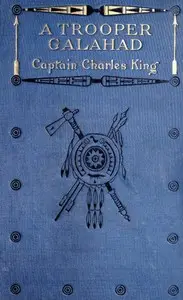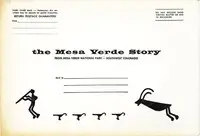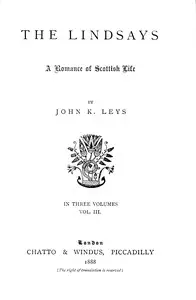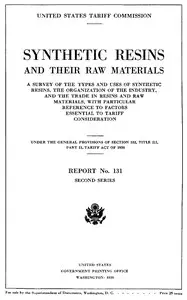"The Colonel's Dream" by Charles W. Chesnutt is a story set in the aftermath of the Civil War, where Colonel Henry French, a man who made his fortune up North, journeys back to his Southern hometown seeking connection with his roots. The narrative follows the Colonel's return with his son, Philip, to the town of Clarendon, where he reflects on a past filled with both fond memories and the harsh realities of Southern society. The story critiques the social and racial inequalities of the time through the Colonel’s interactions with the people he once knew, exploring the complex themes of identity, belonging, and the possibility of change in a society still grappling with the legacy of slavery. The novel opens with Colonel French concluding a successful business deal with his partners, Kirby and Mrs. Jerviss, but their interactions emphasize the growing tension due to the Colonel's intense work ethic, setting the stage for his transformative journey back to the South and his own past.

The Colonel's Dream
By Charles W. (Charles Waddell) Chesnutt
A wealthy man returns to his Southern hometown after the Civil War, seeking to reconcile his past with the present and confront the racial inequalities that still plague the community.
Summary
About the AuthorCharles Waddell Chesnutt was an American author, essayist, political activist, and lawyer, best known for his novels and short stories exploring complex issues of racial and social identity in the post-Civil War South. Two of his books were adapted as silent films in 1926 and 1927 by the African-American director and producer Oscar Micheaux. Following the Civil Rights Movement during the 20th century, interest in the works of Chesnutt was revived. Several of his books were published in new editions, and he received formal recognition. A commemorative stamp was printed in 2008.
Charles Waddell Chesnutt was an American author, essayist, political activist, and lawyer, best known for his novels and short stories exploring complex issues of racial and social identity in the post-Civil War South. Two of his books were adapted as silent films in 1926 and 1927 by the African-American director and producer Oscar Micheaux. Following the Civil Rights Movement during the 20th century, interest in the works of Chesnutt was revived. Several of his books were published in new editions, and he received formal recognition. A commemorative stamp was printed in 2008.

















